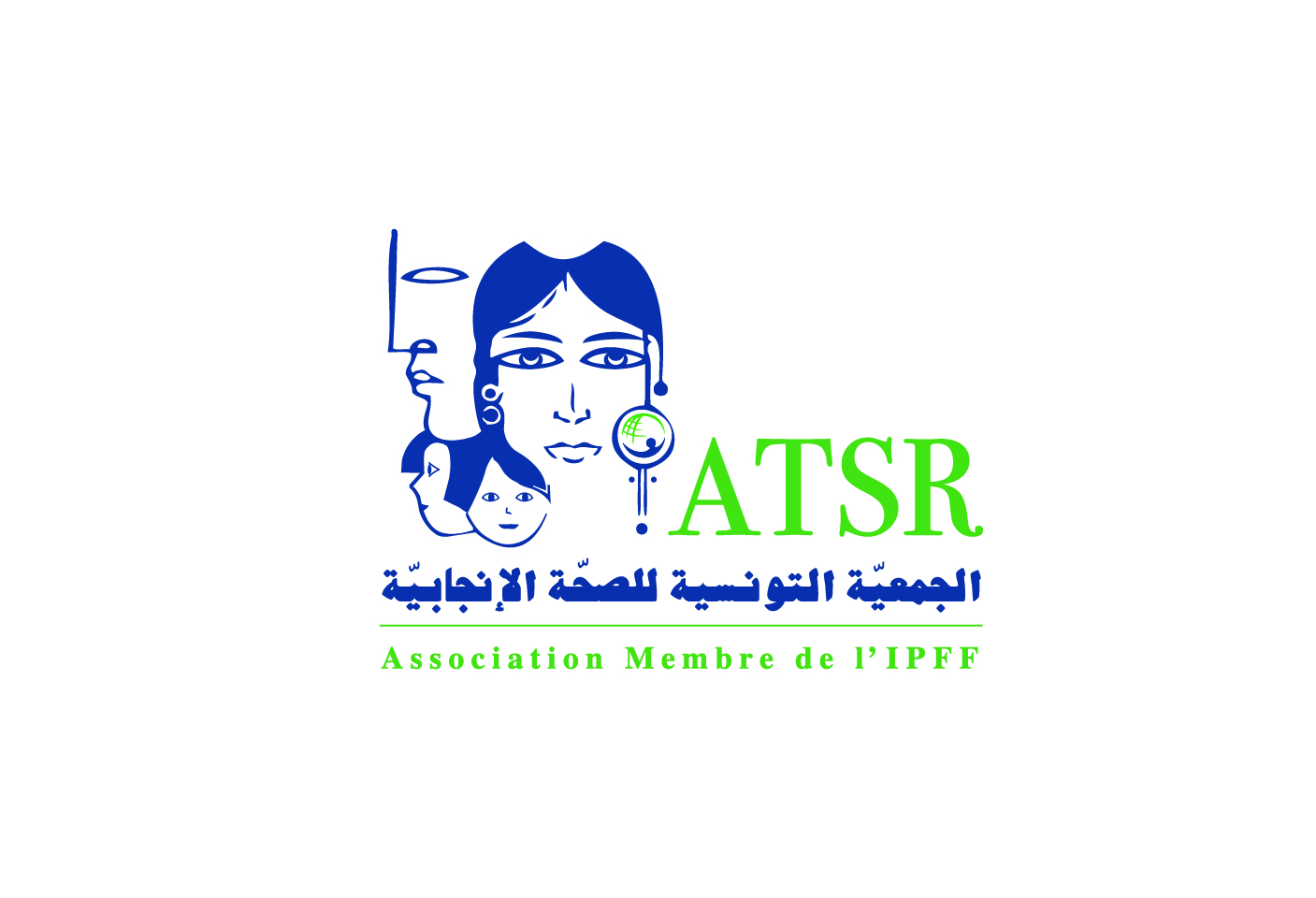
| 31 March 2016
Associação Guineense para o Bem Estar Familiar
Guinea-Bissau is one tenth the size of its neighbour Guinea-Conakry, but its people suffer equally distressing sexual and reproductive health (SRH) problems. The Associação Guineense para o Bem Estar Familiar was established in 1993 to address the major issue in family planning: equipping couples to make active, informed choices about the number of children they would have, and when they would have them. Since then, the Member Association’s work has expanded to embrace a full range of SRH concerns. It provides young people with information, education and communication (IEC) and behaviour change communication (BCC) around sexual and reproductive health; it works on the prevention, diagnosis and management of sexually transmitted infections (STIs) includind HIV; it provides post-abortion care and support; it provides care for victims of gender-based violence (GBV); and it advocates strongly at government level for legislation to prevent GBV. Associação Guineense para o Bem Estar Familiar achieved these results through a small but committed team that operate over hundred service points, including static clinics and community-based service points. Despite the relatively small size of the organization, it is growing rapidly with strong central support from IPPF, influential government partnerships, and backing from non-governmental organizations including UNFPA.

| 31 March 2016
Association Tunisienne de la Santé de la Reproduction
The Tunisian Association for Reproductive Health (ATSR), created in April 1968, works in the field of Sexual and Reproductive Health (SRH) and promotes rights through a multi-sectoral partnership. ATSR provides and facilitates access to SRH information and services, particularly for women, young people and the most underserved and vulnerable populations including migrants and refugees, LGBT, PLHIV, and sex workers. ATSR also provides comprehensive sexuality education programmes for young people in and out of school to develop their capacity to empower themselves and assert their right to dignity, equality and a healthy, satisfying and responsible sexual life. ATSR has five service delivery centres and three mobile units. In 2020, ATSR provided approximately 200,000 SRH services to 40,000 beneficiaries.







